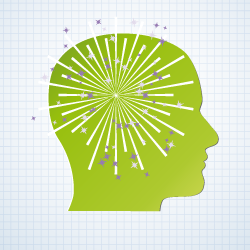Research and Science
Research about mindfulness necessitates incorporating social, economic and political factors, such as how people construct meaning, what influences our perceptions, what values we develop and display toward others and the environment. In these ways, we can gain deeper insight not only into mindfulness, but into various perspectives and aspects of psychology and philosophy. Read full article by Marie Holm
The scientific research showcasing the physical and mental health benefits of practicing meditation and mindfulness is valid, reliable and measurable, as shown in the research on the following topics. These subjects – Stress, Focus, Creativity and Teamwork/Productivity – are particularly sensitve in the workplace.


